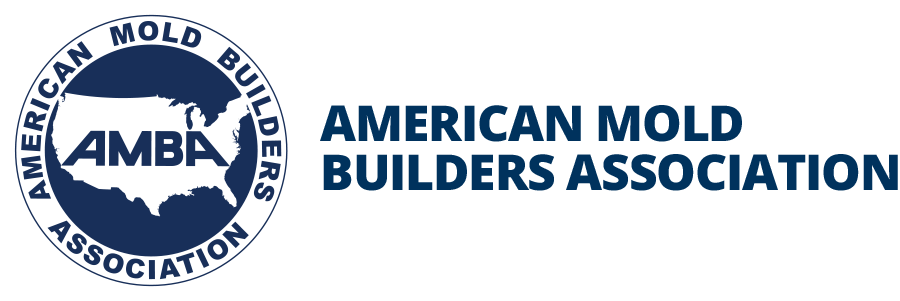Tariffs Affecting the Mold Building Industry
Tariffs Affecting the Mold Building Industry
History
In July 2018, the U.S. implemented a 25% tariff on $34 billion worth of Chinese imports, including molds and mold bases. This tariff was subsequently suspended at the end of December, a decision that is ultimately hurting U.S. mold builders as it is now significantly cheaper to source and build tools in China. This means that in the U.S., mold shops are forced to reduce their workforces and, in some cases, close their doors.
The mold building industry is vital to the U.S. economy - molds are a critical part of tooling and tooling is essential for the manufacturing of all durable goods in the country. For this reason, the American Mold Builders Association has engaged with Washington, D.C.-based lobbying firm, The Franklin Partnership, to speak for the industry in the nation's capital and help policymakers make informed decisions about imposing tariffs on imported plastic injection molds from China. Together, these organizations will lobby the White House, Congress and policymakers to support U.S. manufacturers against low-cost imports from China.
To visit AMBA's members-only tariff updates, resources and any current call-to-action, visit here.
China Mold Tariff Facts
On July 6, 2018, the U.S. government implemented a 25% tariff on $34 billion worth of Chinese imports (Tranche 1), including molds and mold bases. The tariff was subsequently suspended in December 2018.
Why was the tariff lifted? The tariff was lifted because it was cited that there was a lack of U.S. mold shop capacity. This is inaccurate, as U.S. mold capacity in 2018 ranged from a high of 81% to a low of 77%, demonstrating that capacity is not the issue.
Key Issues
Dumping - Chinese-owned shops sell molds to U.S. manufacturers up to 40% below the cost of molds produced in a domestic shop.
Progressive Payments - Most Chinese-owned shops receive progressive payment terms from U.S. manufacturers with 90% of the tooling cost paid prior to tool shipment. This compares sharply with the 55% of U.S.-based mold builders receiving progressive payments.
Intellectual Property Infringement - The mold is the science behind the part. By quoting molds in China, U.S. companies are sending detailed drawings of parts/products, creating an opportunity for IP infringement.
Interested in having your voice heard regarding the tariff issue? Email info@amba.org or call the AMBA offices at 317.436.3102.




